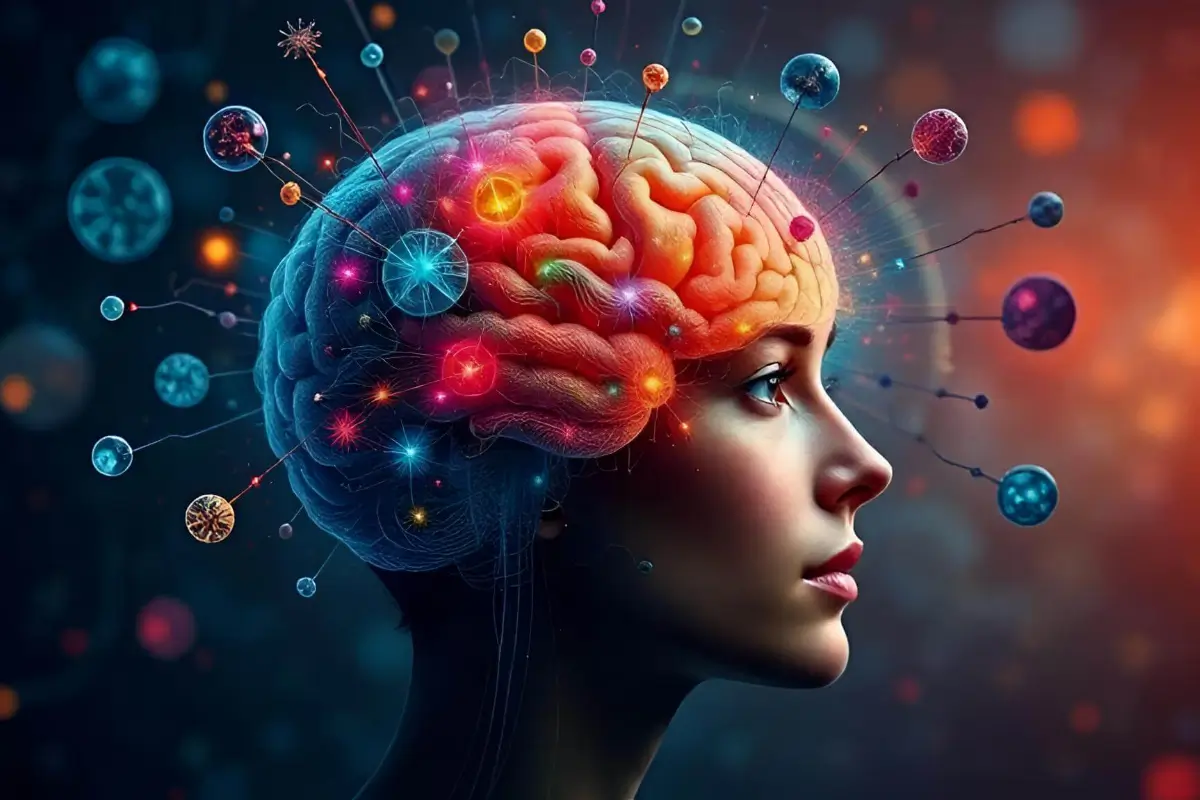Extraordinary memory skills have fascinated humanity for centuries, raising questions about how some people recall vast amounts of information effortlessly.
From ancient orators using memory techniques to modern memory champions, this ability bridges science, psychology, and lifestyle.
What separates individuals with these remarkable skills from the average person?
Is it purely genetic, or can these abilities be cultivated?
Let’s explore the underlying mechanisms, extraordinary cases, and actionable steps to unlock your memory potential.
2. The Science of Memory
Memory’s Core Mechanisms
Memory consists of three stages:
- Encoding: Sensory information transforms into a storable format.
- Storage: Information is held either short-term or long-term.
- Retrieval: Accessing stored memories when needed.
The hippocampus plays a crucial role, acting as a central hub for forming and organizing memories.
Brain plasticity allows this system to adapt, meaning memory skills can be improved with effort.
Extraordinary Memory on a Neural Level
Advanced memory skills are linked to efficient connectivity between brain regions.
Studies of memory champions show they employ visual-spatial areas more than average individuals, creating intricate mental structures to store and retrieve data.
3. Why Do Some People Have Extraordinary Memory Skills?
1. Genetic Foundations
Genetic predisposition influences cognitive traits like memory.
Specific genes, such as BDNF (Brain-Derived Neurotrophic Factor), regulate brain plasticity and learning, potentially providing an edge.
However, even with genetic advantages, practice remains key.
2. Use of Memory Techniques
Memory champions aren’t born extraordinary—they rely on refined techniques:
- Method of Loci: Associating information with vivid mental imagery placed in familiar “locations.”
- Chunking: Breaking data into manageable, logical units.
- Association: Linking new information to known concepts to improve recall.
These methods exploit the brain’s natural tendency to remember visual and spatial data better than abstract concepts.
3. Neurological Conditions
Certain conditions grant rare abilities.
- Hyperthymesia: Allows individuals to recall nearly every moment of their lives with incredible detail.
- Savant Syndrome: Linked to autism, it can enable profound memory and calculation skills, often coexisting with cognitive challenges.
4. Lifestyle and Brain Health
Memory is highly influenced by habits.
Factors include:
- Nutrition: Omega-3 fatty acids and antioxidants promote neural health.
- Exercise: Improves blood flow and stimulates neurogenesis.
- Mental Engagement: Puzzles, reading, and learning new skills keep the brain sharp.
- Sleep: Consolidates short-term memories into long-term storage during REM cycles.
You may also like: The psychology behind why we love video games.
4. Exploring Extraordinary Memory in the Real World
Cultural Phenomena
Historical figures like Cicero mastered memory techniques to deliver lengthy speeches without notes.
Modern memory athletes, such as Joshua Foer, use similar methods to recall thousands of digits or entire decks of cards.
Fictional representations—like Sherlock Holmes’ “mind palace”—popularize the mystique surrounding extraordinary memory.
Notable Cases
- Kim Peek (Savant Syndrome): The inspiration for Rain Man, Peek memorized over 12,000 books but faced challenges with daily tasks.
- Jill Price (Hyperthymesia): Known as “The Woman Who Can’t Forget,” Price vividly recalls every day since her teens, offering valuable insights into memory’s extremes.
5. How Can You Develop Better Memory Skills?
Even without natural gifts, you can significantly improve your memory with deliberate practice.
- Learn Visualization Techniques
Visual imagery makes abstract information tangible. For instance, imagine an apple wearing a crown to remember “Kingdom Plantae.” - Use Mnemonic Devices
Rhyme schemes, acronyms, and vivid imagery are simple but powerful tools. - Practice the Method of Loci
Create mental pathways by visualizing familiar locations, assigning memorable images to pieces of information. - Adopt a Brain-Healthy Lifestyle
- Eat foods rich in antioxidants, like blueberries, and omega-3s, like salmon.
- Engage in regular aerobic exercises to enhance brain function.
- Prioritize 7–9 hours of sleep to consolidate learning.
- Play Memory Games
Apps and games designed for cognitive development, such as Lumosity or Elevate, provide daily challenges to strengthen recall.
6. The Future of Memory Research
As neuroscience advances, technologies like neurofeedback and brain-computer interfaces may redefine memory improvement.
Understanding brain plasticity and the role of artificial intelligence could unlock new ways to enhance memory beyond current methods.
7. Conclusion: A Skill Within Reach
Extraordinary memory skills are not an unattainable talent reserved for the lucky few.
They result from a mix of practice, lifestyle choices, and sometimes unique neural conditions.
Whether you’re looking to boost your recall for exams or simply want to remember names better, the tools and insights discussed here offer a roadmap to unlocking your brain’s potential.
Read also: The Strangest Facts About Space You’ve Never Heard.
8. FAQs
Can everyone develop a photographic memory?
No, photographic memory remains rare, but techniques like visualization can achieve similar results.
Do memory supplements work?
Some supplements claim to enhance memory, but maintaining a balanced diet and healthy lifestyle is far more effective.
How long does it take to see improvements in memory?
With consistent practice using methods like the method of loci, noticeable improvements can occur within weeks.
Follow our social media to receive content as soon as it is released.👇

